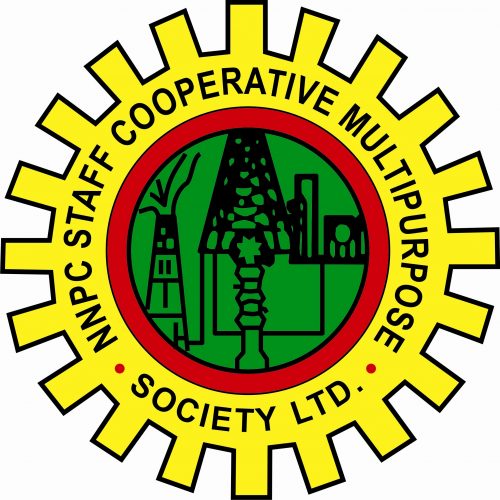Fuel Scarcity: NNPC Gives Reasons For Queues
2 min read
The Nigerian National Petroleum Company Limited (NNPC) has explained why there are fuel queues in Lagos State and Abuja.
According to them, it is because of some construction projects going on in the states.
NNPC’s Executive Vice President, Downstream, Mister Adeyemi Adetunju, gave this explanation while addressing a news conference in Abuja on Tuesday.
The recent queues in Lagos are largely due to ongoing road infrastructure projects around Apapa and access road challenges in some parts of Lagos depots,” he said.
“The gridlock is easing out and NNPC has programmed vessels and trucks to unconstrained depots and massive load outs from depots to various states are closely being monitored.”
READ ALSO:“I End Up Crying Myself Out” Regina Chukwu’s Daughter Spills On Her Toxic Trait
Abuja is impacted by the challenges recorded in Lagos. NNPC Retail and key marketers have intensified dedicated loading into Abuja to restore normalcy as soon as possible.”
Normalcy will return soon
But he assured Nigerians that efforts are ongoing to ensure that normalcy returns as soon as possible.
“We want to reassure all Nigerians that NNPC has sufficient products. And we significantly increased product loading including 24-hour operations in selected depots and extended hours at strategic stations to ensure products sufficiency nationwide,” he assured.
“We are also working with the NMDPRA, MOMAN, DAPPMAN, IPMAN, NARTO, PTD, and other industry stakeholders.”
The NNPC, he added, has a “national PMS stock of over 2 billion litres. This is equivalent to over 30 days of sufficiency”.
Fuel scarcity is recurrent in Nigeria, one of the largest producers of crude oil globally. The most recent queues in several parts of the country have left many commuters stranded. Others have resorted to buying the product from black marketers who have cashed in on the situation to sell at exorbitant prices.
The government has said payment of subsidy for fuel is unstainable. And has planned its removal for next year, a move that is sure to face pushbacks.





